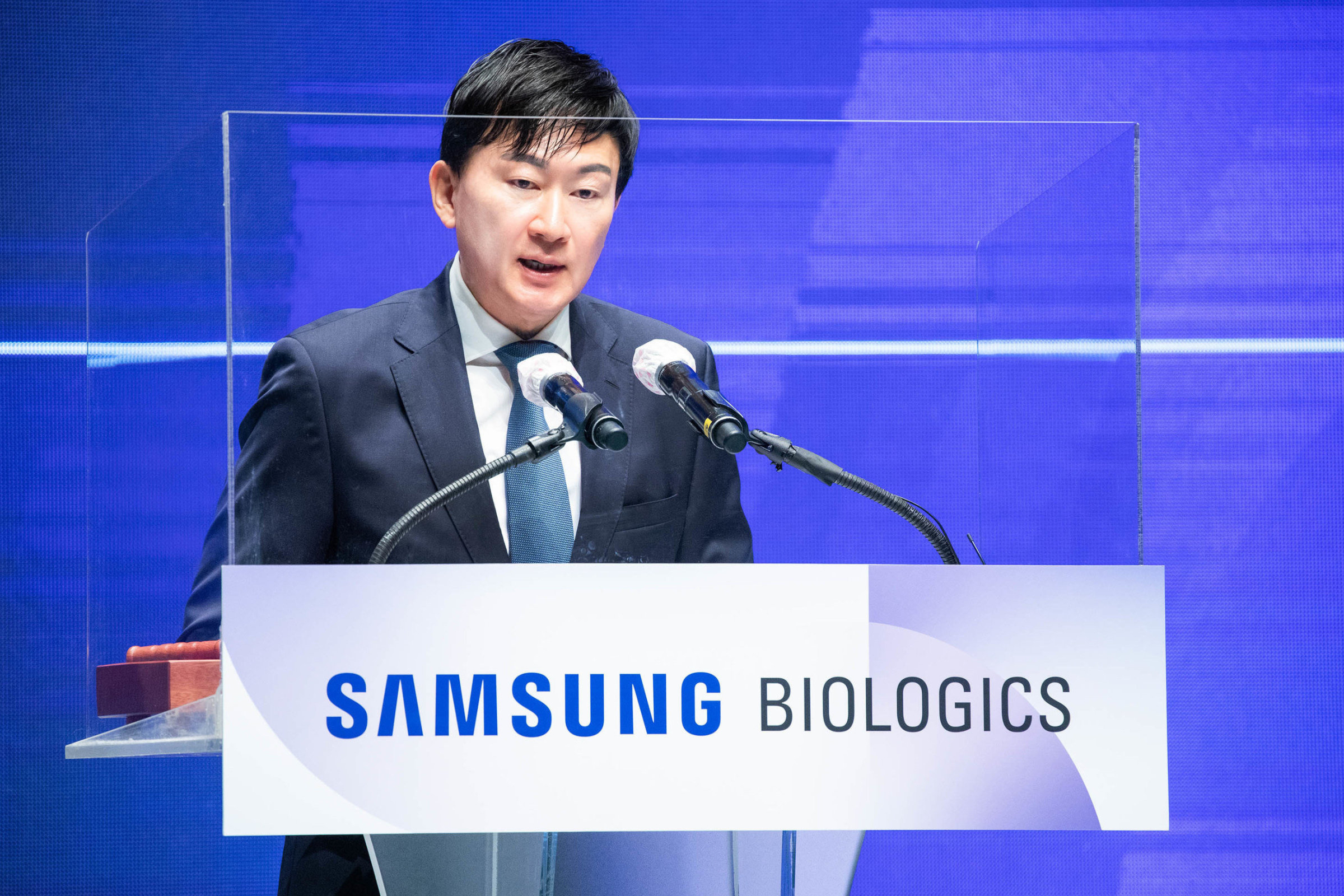
John Rim, Samsung Biologics CEO (Samsung/PR Newswire)
Updated: Samsung Biologics spells out expansion plans in South Korea and US
The CDMO arm of one of South Korea’s largest conglomerates has posted its year-end results and plans for 2023, which include new construction.
Samsung Biologics …
Sign up to read this article for free.
Get free access to a limited number of articles, plus choose newsletters to get straight to your inbox.